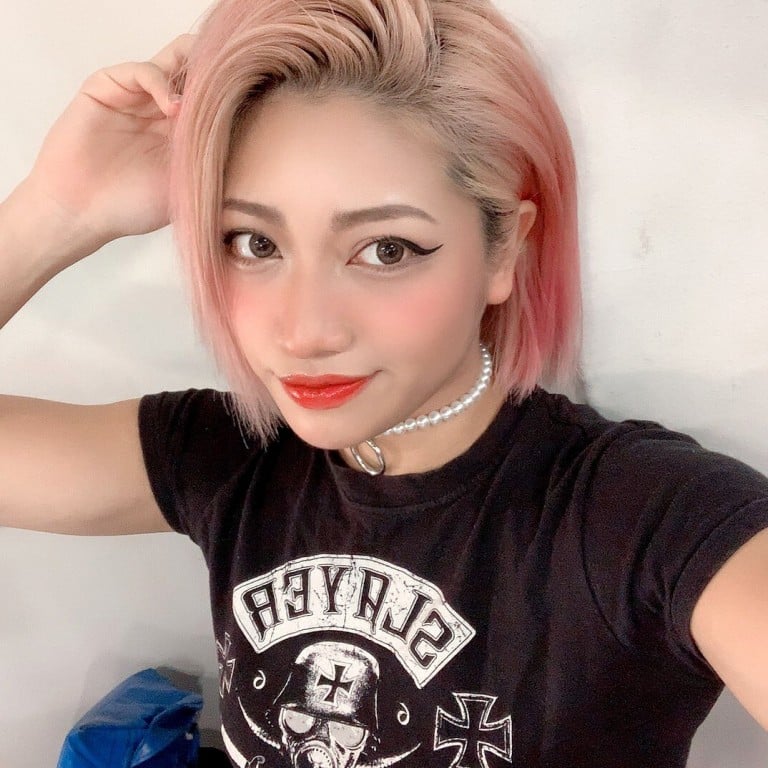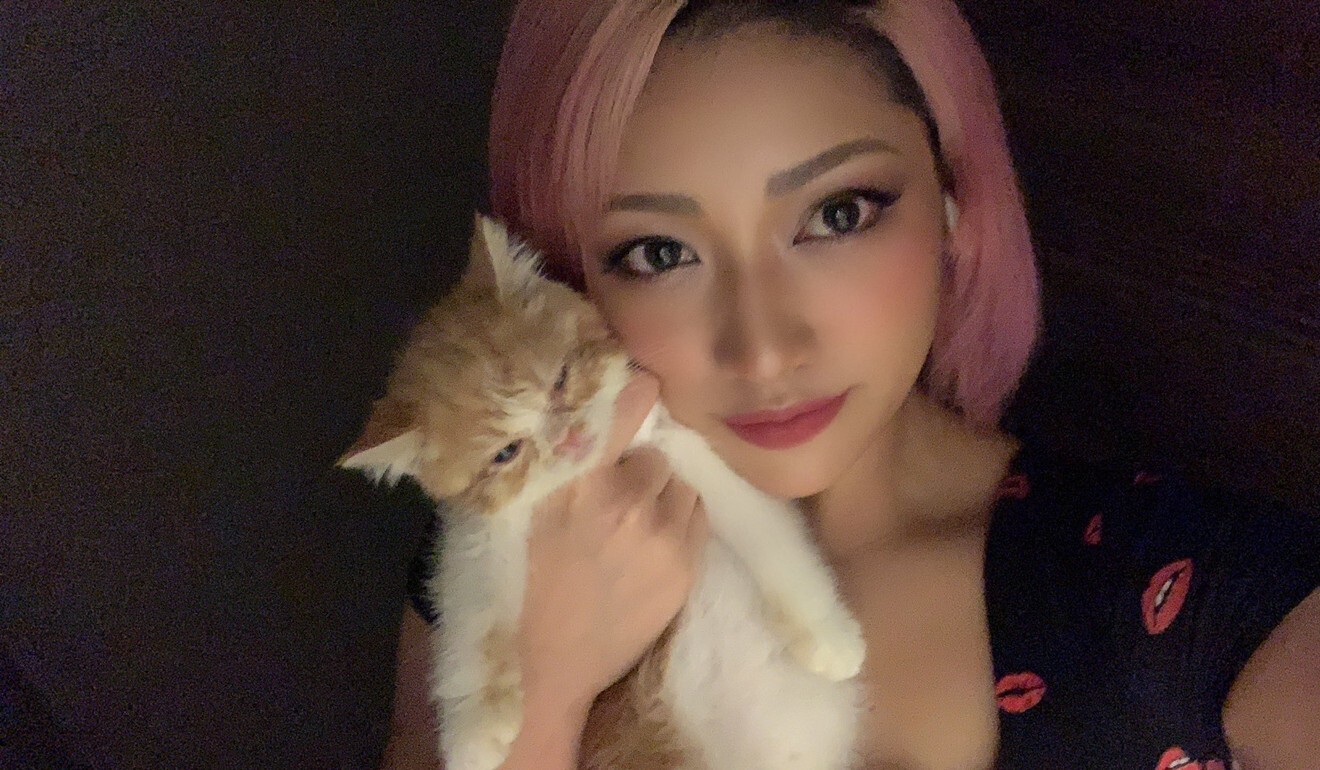
Hana Kimura: Terrace House star killed herself after producers ‘stoked’ conflict, mother says
- The 22-year-old committed suicide in May after a confrontation on reality TV show led to a deluge of bullying and abuse online
- ‘I guess saying no was difficult for Hana,’ Kyoko Kimura said. ‘They seemed to prioritise ratings over Hana’s mental state’
Kyoko Kimura, 43, told the Asahi newspaper she wanted “people to know the truth” and to restore her daughter’s honour. She also said she may file a compensation suit against Fuji Television Network, which produced the popular Netflix programme.
Terrace House featured three men and three women sharing a house in Tokyo. The show claimed the cast were “looking for love while living under the same roof” and events were completely unscripted.
Japan considers new laws after Hana Kimura’s death, but can it fix bullying culture?
In an episode screened on March 31, one of the three men in the house damaged an item of Hana Kimura’s clothing. After a confrontation, she knocked his hat from his head.
According to her mother, Kimura told her eight days before her death that producers had coaxed her into confronting the male housemate, initially asking her to slap him.
“I guess saying no was difficult for Hana,” her mother said. “They seemed to prioritise ratings over Hana’s mental state.”
In a separate interview with the Shukan Bunshun weekly magazine, she claimed production staff had insisted Hana make scenes “more exciting”, saying the confrontation with the male housemate had been “stoked” by the staff.
Fuji TV last week said it planned to release the results of an internal investigation into the incident that led to Kimura being bullied online and her subsequent suicide.
Toru Ota, a spokesman for the company, denied Hana had been encouraged to slap her housemate or that the cast were emotionally manipulated. He did, however, confirm they were required to sign an agreement stating they would follow instructions from production staff.
As Japan’s Hana Kimura is mourned, Terrace House cast say they also faced online abuse
The agreement included a clause that if a member of the cast failed to abide by the terms and affected the production, they would be required to cover the costs of the episode. Ota insisted the agreement “does not require cast members to obey every production instruction”.
Kyoko Kimura described the agreement as a “slave contract” and took aim at the producers.
“Terrace House calls itself a reality show, but the content is not [reality],” she said. “I want the producers to admit that it was a fiction that invited character assassination.”

Makoto Watanabe, a professor of media and communications at Hokkaido Bunkyo University, said it should come as “little surprise” the show was more scripted than Fuji TV had claimed.
“I would think that most people who watched an episode would conclude it was at least to a degree choreographed, while we also have to remember that each day’s events had to be edited down into a single episode,” he said.
“I think that what happened with Terrace House means it will be difficult to have a reality show like that again and broadcasters are going to have to be more honest and accurate in the way they make programmes.
“This is not just a problem for Japan, of course, but I think there is a fundamental problem with describing these shows as ‘reality’ because they’re not. Reality happens over weeks and months but these are packaged and broadcast as lives lived quickly.”
If you, or someone you know, are having suicidal thoughts, help is available. For Hong Kong, dial +852 2896 0000 for The Samaritans or +852 2382 0000 for Suicide Prevention Services. In the US, call The National Suicide Prevention Lifeline on +1 800 273 8255. For a list of other nations’ helplines, see this page.

